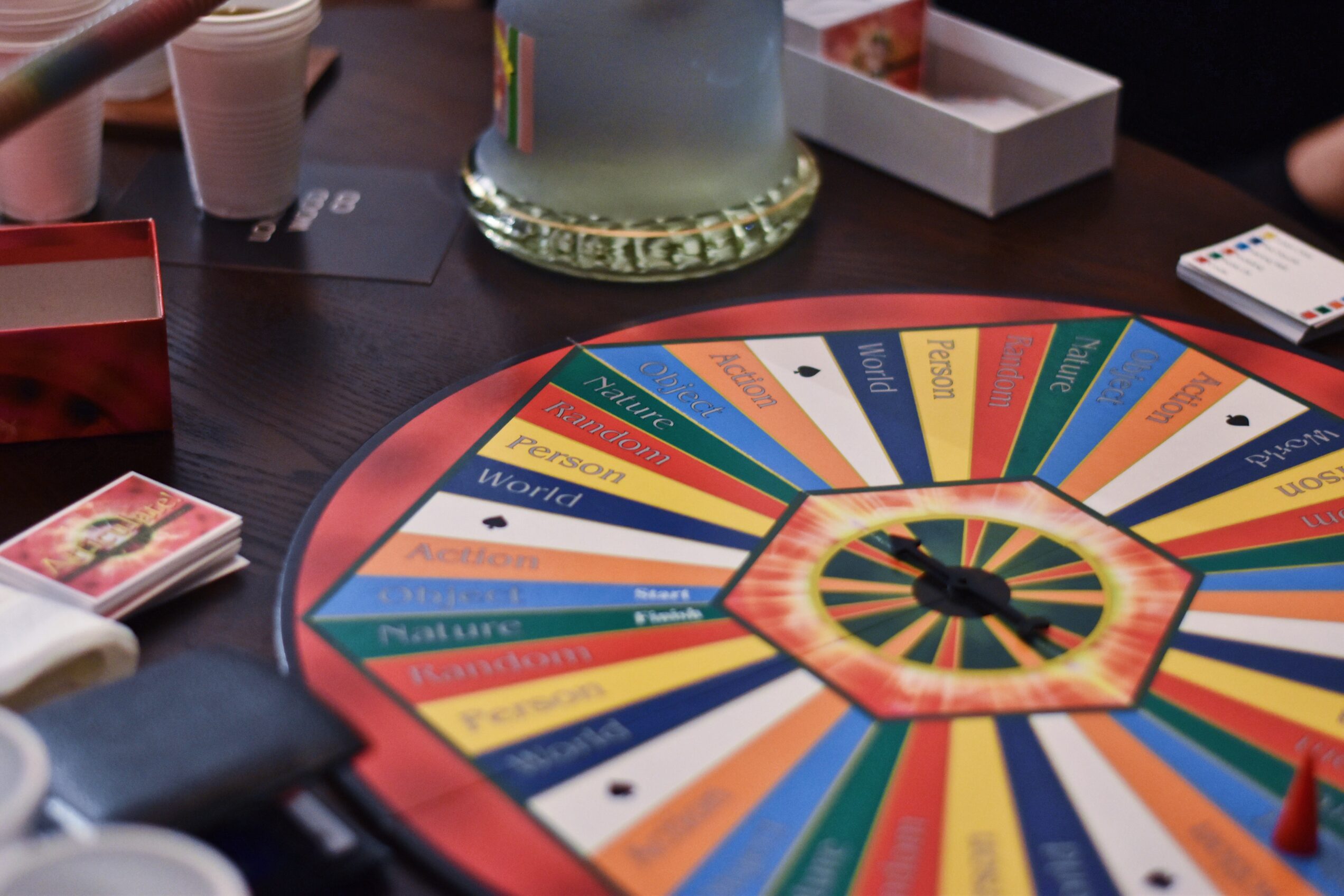
Future-Proof Your Career through Games
What does it mean to “future-proof” your career? Find out how you can develop the essential “4 C’s” at work—while enjoying the benefits of playing games with colleagues!
***Watch the video or continue reading below.***
You May Find This Surprising, But…
You should play some games at work.
“WHAT?!” I can almost hear you thinking. “No way! I’m super busy. How am I supposed to have time for something as frivolous as playing games at work?”
Well, give me just a couple of minutes to convince you with some solid scientific evidence. I’m Scott Crabtree, Chief Happiness Officer of Happy Brain Science. And as always, virtually everything I’m going to tell you today is grounded in solid scientific research. That research suggests that playing games at work might actually be a great use of your time. Why? Because games are especially good at helping us learn and grow. Science suggests that games are good at giving us what scientists call “psychological safety”: a safe place to fail, where therefore we can do better at learning and growing.
The Fun Way to Future-Proof Your Career
And in particular, games are good at helping us learn and grow in four uniquely human skill areas—21st century job skills that are less likely to be replaced by artificial intelligence in coming years. Those skills are sometimes referred to as the “4 C’s”: communication, collaboration, creativity, and critical thinking. Whether you’re playing board games—like these great ones behind me here at Guardian Games in Portland, Oregon—or you’re playing a party game, or you’re playing online with colleagues who are all over the world, games provide a great place to learn and grow those uniquely human, uniquely valuable skills that you need to “future-proof” your career.
Now, I know you feel like you don’t have time. I get it. All my coaching clients—all my speaking audiences—tell me how busy they are. But you have time for the most important things, and there’s evidence that play might be one of the most important things you can do at work—again, in part, because it helps you learn and grow.
You Can’t Afford Not to Make Time for Play
3 things to share that suggest games are a great use of your time:
- One is sharpen the saw. This is one of the seven habits of highly effective people, written up by Stephen Covey in his business classic The 7 Habits of Highly Effective People. Based on his research, there were seven things that the most successful people did over and over again—and one of them was “sharpen the saw.” He tells a story of a woodcutter trying to cut through a tree with a dull saw, working very, very hard to get through that tree. He’s too busy to sharpen that saw, but he’s getting almost nowhere because his tool is dull and less useful. Successful people sharpen the saw. You can sharpen your saw by learning and growing through games. Your tool at work is your brain—and games (and the learning and growth that games provide) can help sharpen that saw.
- Leaders of the NeuroLeadership Institute came up with the “Healthy Mind Platter“: seven things they think are essential to have a healthy brain. And of those seven research-based items, one of them is “play time”: making time for play.
- And finally as evidence, I refer you to the wonderful book Essentialism by Greg McKeown. Greg McKeown talks about doing less, better—prioritizing only the most important things at work and in life. And he has a whole chapter devoted to play.
We’re Publishing a Book!
Indeed, if you look at the scientific evidence, taking time to play may be one of the smartest choices you can make at work and in life. I’m going to go into a lot more detail, and share a lot more scientific evidence, in our book coming out in just a few weeks: All Work & Some Play: Future-Proof Your Career through Games.
I would love to read your thoughts and questions. Please comment on this video.
Want to learn more? Check out our new book, All Work & Some Play: Future-Proof Your Career through Games, now available on Amazon!